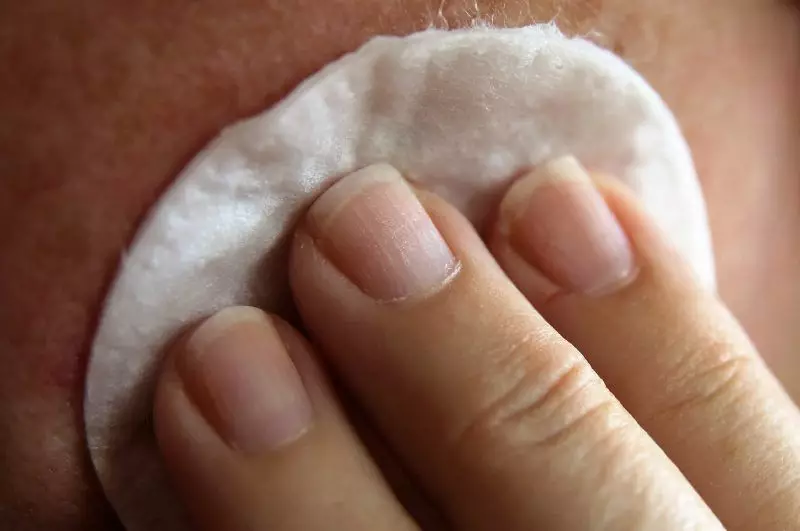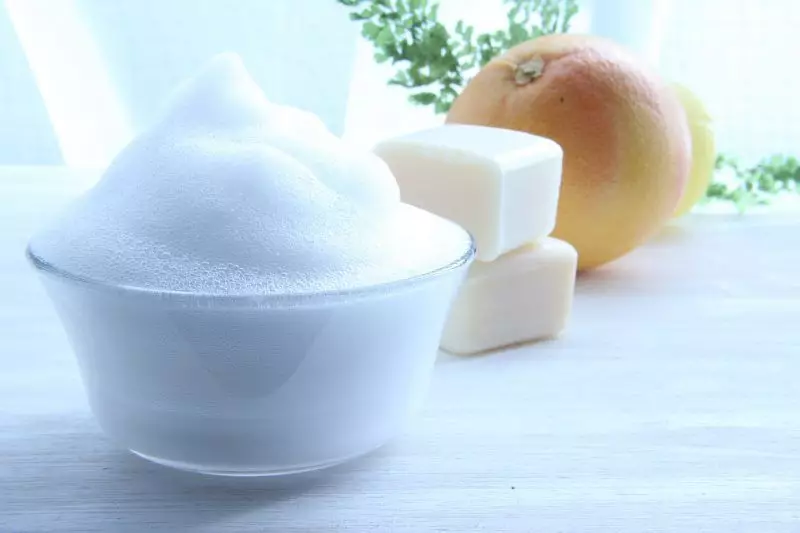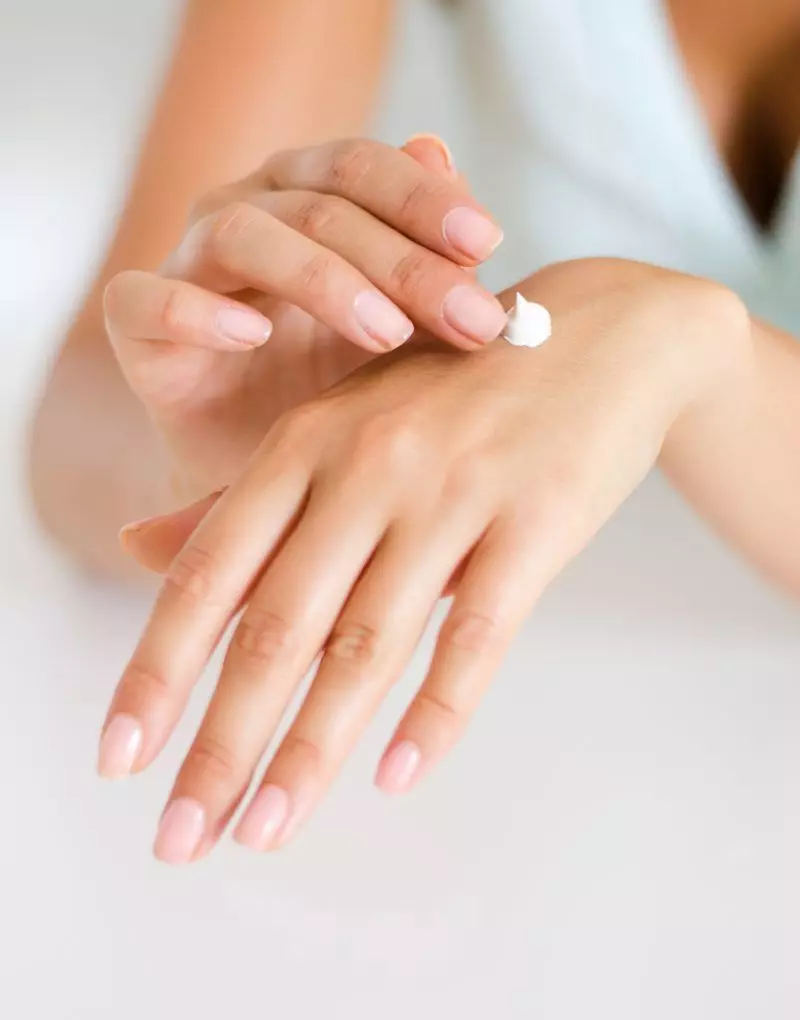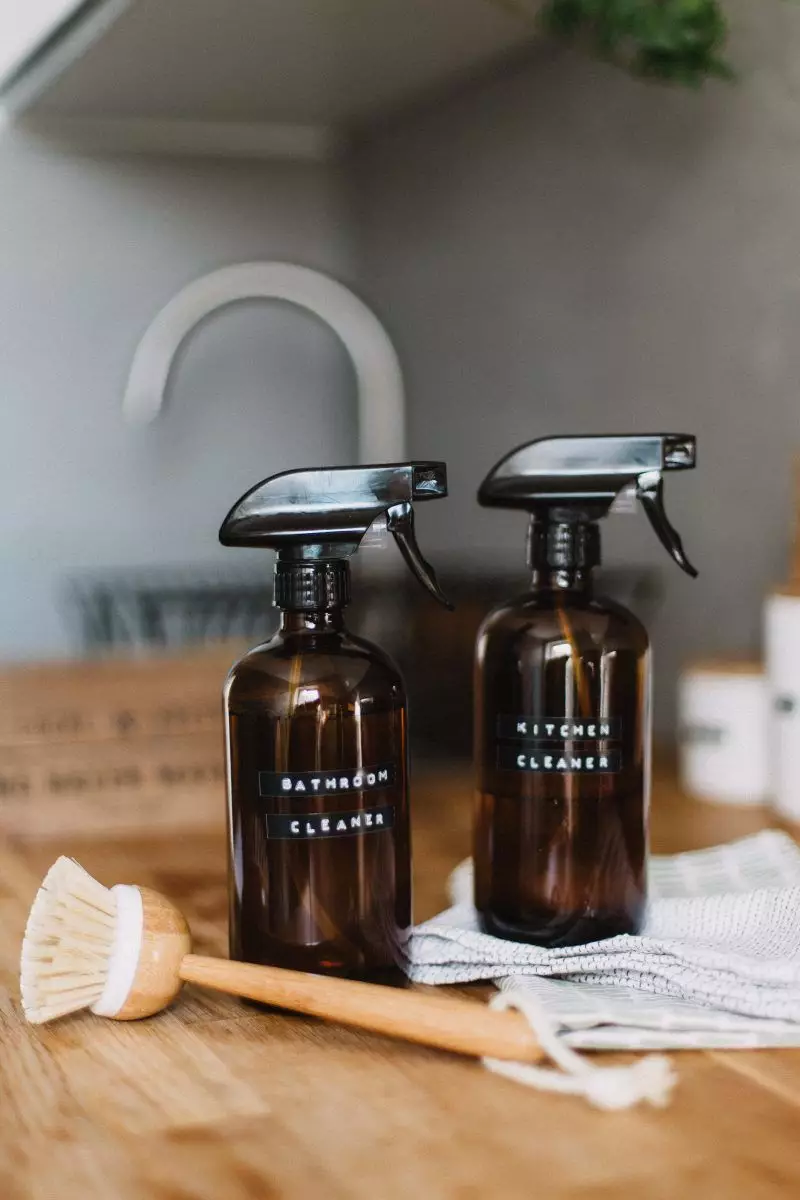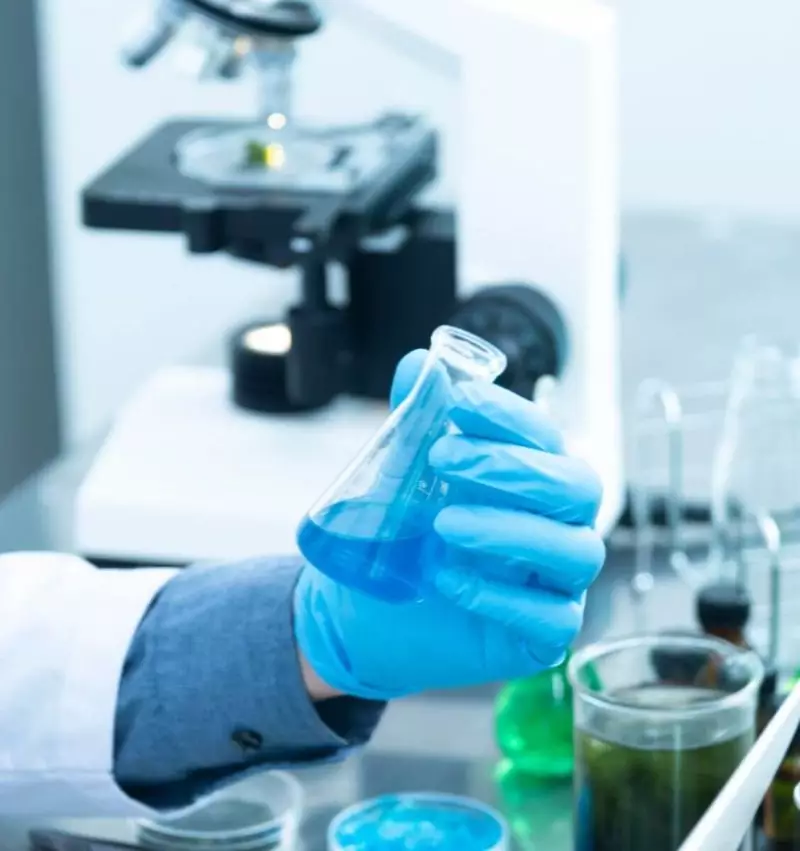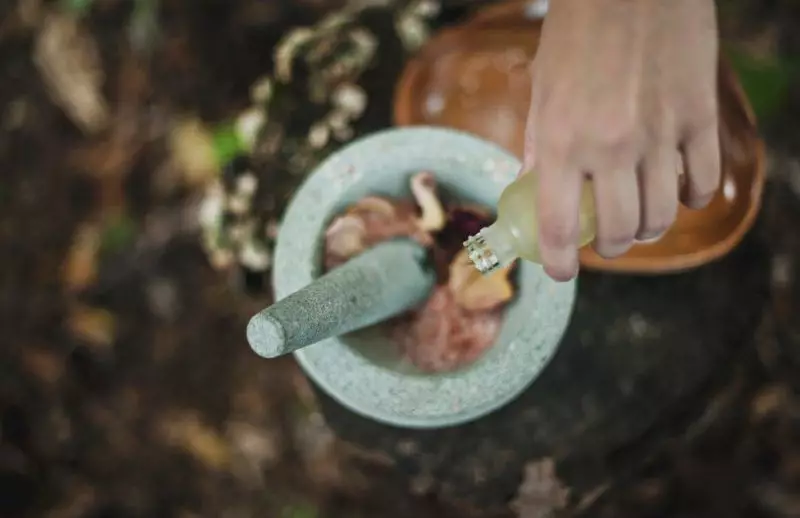
Dull and itchy skin? Fine lines and wrinkles? Under-eye circles and “shadowy” appearance?
You likely have dehydrated skin!
But why dehydrated and not dry?
While dry skin is one of the 4 skin types (together with oily, normal, and combination skin), which lacks natural oils and sebum, dehydrated skin is a condition, which lacks water and is closely associated with transepidermal water loss (TEWL).
TEWL happens when water from the skin is evaporated to the external environment, often due to damaged or impaired protective skin barrier, which cannot hold the water into the skin. [1]
This way, TEWL is directly related to dehydrated skin, lower hydration levels, and predisposition to premature skin aging and irritation.
But what cosmetic ingredients could strengthen the skin barrier, reduce TEWL, and improve dehydrated skin?
This article will guide you through the ingredients that can be beneficial to dehydrated skin!
Let’s get started!
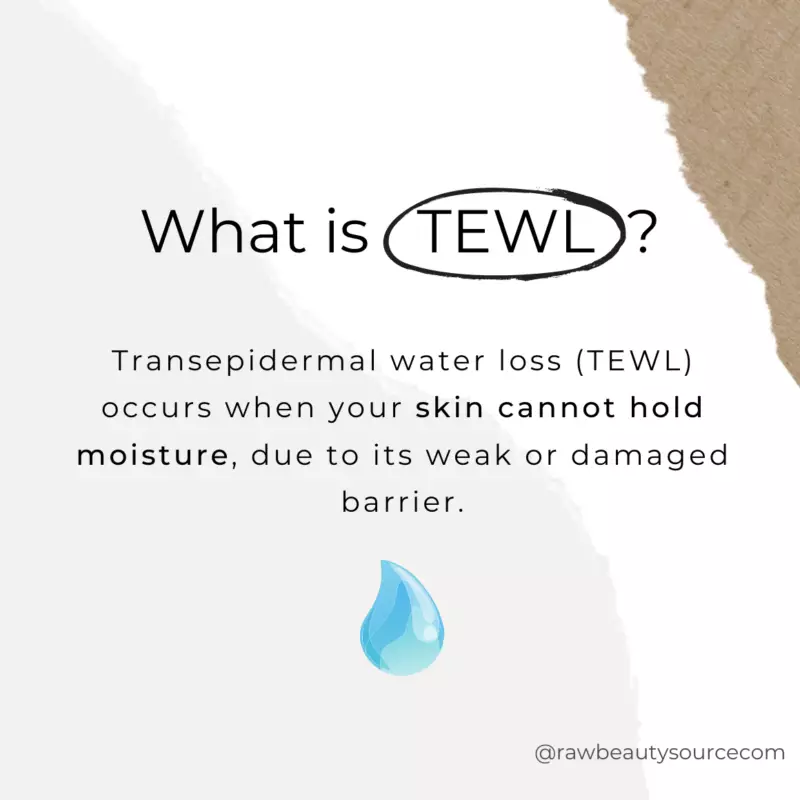
What ingredients to use for dehydrated skin?
Dehydrated skin needs cosmetics that can effectively hydrate the skin and replenish its barrier. Evidence suggests that there are three types of ingredients, which may improve the water retention mechanism of the skin and introduce additional hydration: humectants, emollients, and occlusives. [2]
Occlusives
Occlusive moisturizing ingredients enable deep skin rehydration and directly improve TEWL as they prevent water evaporation from the skin by forming an “artificial” protective barrier.
Such ingredients include [3] :
- Petrolatum, mineral oil, paraffin, squalane: these likely reduce TEWL by 99%, yet, they may feel heavy on the skin, as they sit on top of the epidermis. [2]
- Dimethicone
- Cyclomethicone
- Olive oil
- Coconut oil
- Castor oil
- Grape seed oil
- Mink oil
- Lanolin (alcohol and acid)
- Fatty alcohols (cetyl alcohol stearyl alcohol)
- Stearyl stearate
- Stearic acid
- Beeswax
- Cholesterol
- Ceramides
Applying cosmetic products with these two ingredients topically could “naturally” improve TEWL by restoring the stratum corneum (most superficial skin layer).
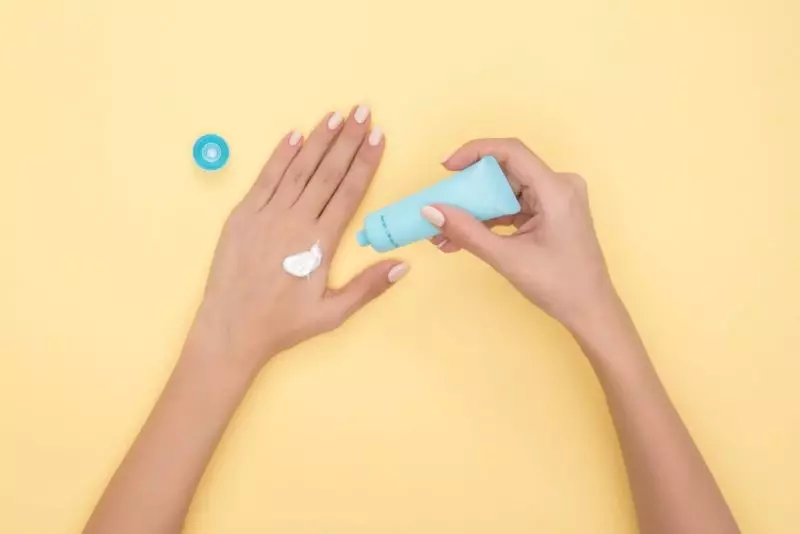
Humectants
Humectant ingredients attract water to the skin either from the environment or deeper epidermis and dermis (deeper skin layers).
Humectant ingredients include [4] :
- Glycerin
- Urea
- Hyaluronic acid
- Alpha hydroxy acids: glycolic and lactic acids not only attract water, but also stimulate skin cells replenishment, which may result in strengthened skin barrier.
- Honey
- Propylene glycol
- Sorbitol
- Allantoin
- Sodium PCA
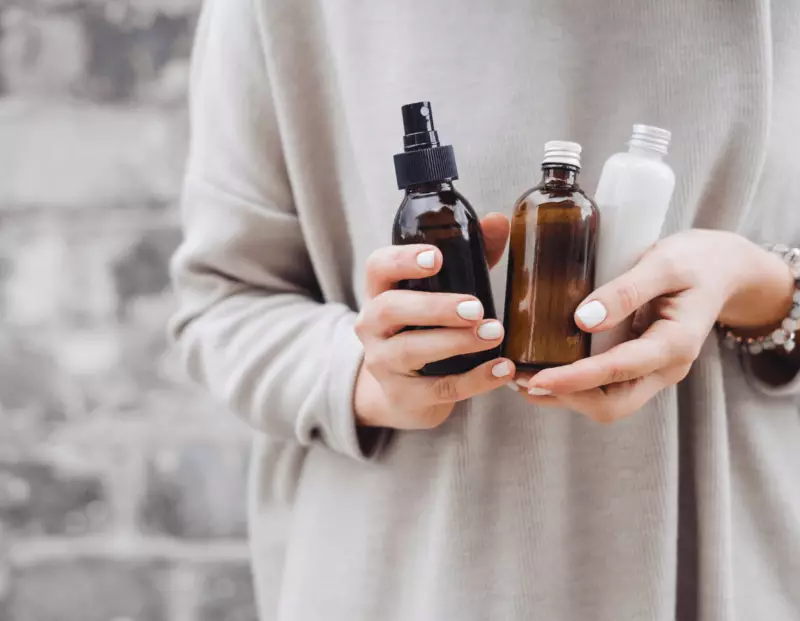
Emollients
As the term “emollient” is an adjective, both humectant and occlusive ingredients can also have emollient activity [5] :
- Ceramides
- Cholesterol
- Squalane
- Olive oil
- Beeswax
- Urea Glycerin
- Castor oil
- Propylene glycol
Other commonly used emollients may include [6]:
- Isopropyl MyIsopropyl
- Isopropyl Isostrearate
- Glyceryl Stearate
- Jojoba Oil
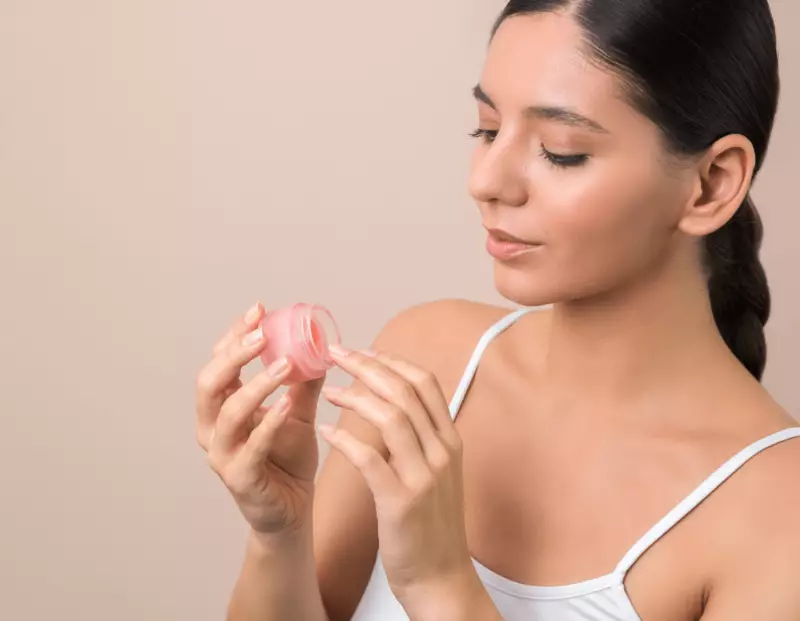
Skin care tips for dehydrated skin
Even though using the suitable cosmetic ingredients is essential, there are other practices that can help you improve the hydration of your dehydrated skin.

